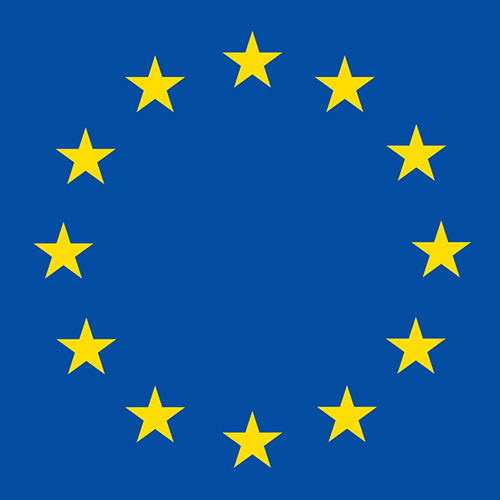(Projet en Anglais) Erasmus Mundus Program Retour vers les projets
Durée du projet: 4 an(s) 11 mois
Jan 2009 Dec 2013Partager le projet sur
Objectif général
The Erasmus Mundus programme aims to enhance the quality of higher education and promote dialogue and understanding between people and cultures through mobility and academic cooperation.
Objectifs spécifiques
Erasmus Mundus 2009-2013 is a cooperation and mobility programme in the field of higher education for:
- the enhancement of quality in European higher education;
- the promotion of the European Union as a centre of excellence in learning around the world;
- the promotion of intercultural understanding through cooperation with Third Countries as well as for the development of Third Countries in the field of higher education.
Plus de détails
Erasmus Mundus is a cooperation and mobility programme in the field of higher education that aims to enhance the quality of European higher education and to promote dialogue and understanding between people and cultures through cooperation with Third-Countries. In addition, it contributes to the development of human resources and the international cooperation capacity of Higher education institutions in Third Countries by increasing mobility between the European Union and these countries.
The Erasmus Mundus programme provides support to:
- higher education institutions that wish to implement joint programmes at postgraduate level (Action 1) or to set-up inter-institutional cooperation partnerships between universities from Europe and targeted Third-Countries (Action 2);
- individual students, researchers and university staff who wish to spend a study / research / teaching period in the context of one of the above mentioned joint programmes or cooperation partnerships (Action 1 and Action 2);
- any organisation active in the field of higher education that wishes to develop projects aimed at enhancing the attractiveness, profile, visibility and image of European higher education worldwide (Action 3).
The future of Erasmus Mundus
The Erasmus Mundus programme runs from 2009 – 2013 under the responsibility of the European Commission. It manages the budget and sets priorities, targets and criteria for the Programme. Furthermore, it guides and monitors the general implementation, follow-up and evaluation of the Programme at European level.
The Education, Audiovisual and Culture Executive Agency (EACEA) is responsible for the implementation of the Erasmus Mundus Programme.
From 2014 the new Erasmus+ programme will provide the framework for EU programmes for international higher education cooperation and mobility.
More information about the proposed Erasmus+ programme can be found on the following webpage: http://ec.europa.eu/education/erasmus-plus/.
